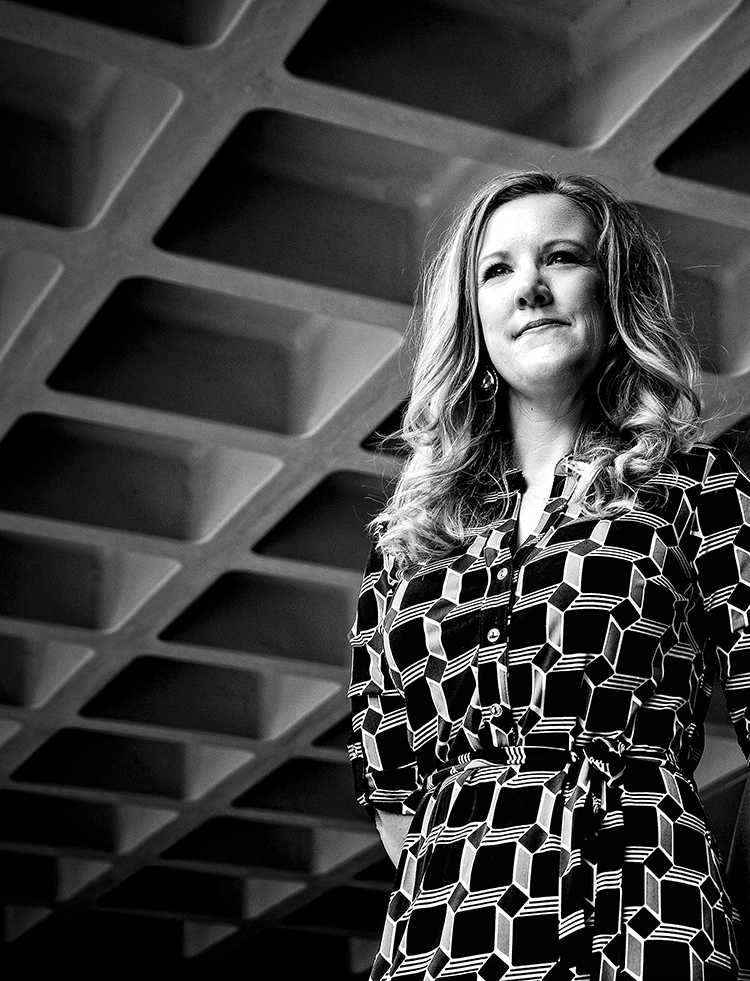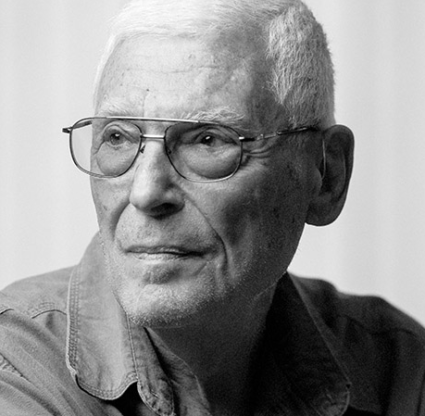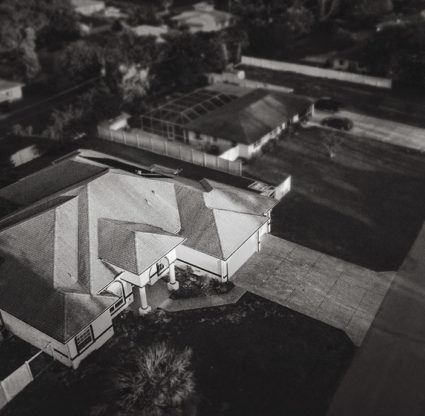AP classes, dual enrollment, college credit, financial aid—bring back any scary memories? Well, college prep is continuing to haunt students and parents alike. Amanda Sterk’s job is to make it a little less scary.
Sterk is the director of accelerated pathways at Florida SouthWestern State College. She runs the dual enrollment program, which allows students to get college credit in high school. She also published the College UnMazed Guidebook to help prospective college students. That’s led to a resource guide and magazine published on unmaze.me aimed at Florida high-schoolers and their parents.
Here, she explains why college isn’t quite like you remember—and how that can be a good thing.
What are some of the new big challenges students face when transitioning to college?
“Here in Florida, we have over 300 colleges and universities. It’s overwhelming. Do I go to a state college, do I go to a private school, do I go out of state? (Florida State University) had 45,000 applicants for next year’s admissions. So, when you’re accepting only 7,000 to 8,000, what used to be guaranteed if you’re at the top of your class, isn’t. I have … valedictorians not getting into certain state universities. There’s this fear of ‘What’s my pathway? What do I do?’ I come from the mindset that there are many paths to one’s summit. You can get to where you need to go, but you have to plan early and ask the right questions.
Academic planning starts as early as middle school now, especially in Lee County because of school choice. That’s a lot of stress to think that you need to have those answers as young as 13, 14. So it’s really up to the parents. What I tell parents is to find where your student fits the best. Where can they be the best version of themselves?”
What are colleges looking for?
“We always thought we had to be this holistic student; we have to be involved in everything. What colleges are looking for now are students that have critical-thinking skills, collaboration skills. The other thing is they want to see a passion. (Colleges) would rather see (a student) have one or two things they have a passion for. As parents, they think (students) have to be everything. That’s what becomes overwhelming. Once parents realize students can focus, it does relieve some of that stress.”
You’ve had an interesting journey yourself. How did you end up here in Fort Myers?
“My whole college experience was doing study abroad opportunities. Fortunately, I married another teacher. We were barely out of college when we got a job in West Africa at a small international school there. We taught there for several years. We went back and taught in Iowa, got our master’s, and then we decided to go to Nicaragua. As I was doing my doctoral program (at Creighton University), I realized I really loved programming. We figured Florida was a good middle ground. Not Iowa, not international. I ended up here at (FSW’s) Collegiate High School.”
What was that transition like for you to teach overseas?
“In Nicaragua, I was at an elite private school. The college process was very different. Parents could spend $50,000; they didn’t need financial aid. Here, I find that we have these incredible resources that any student can take advantage of. FSW has a (program in) Clewiston. … We have an (associate of arts) program where the kids don’t have to leave their high school; we send our faculty out there. At first we thought we’d be 12 kids. We’re full.
We’re at capacity at 50 kids per grade, 12th and 11th. These kids are killing it with a 99 percent success rate in these college-level courses. We’re really allowing every student to have an opportunity. I didn’t see that in the international world. It was only if you could afford it.”





